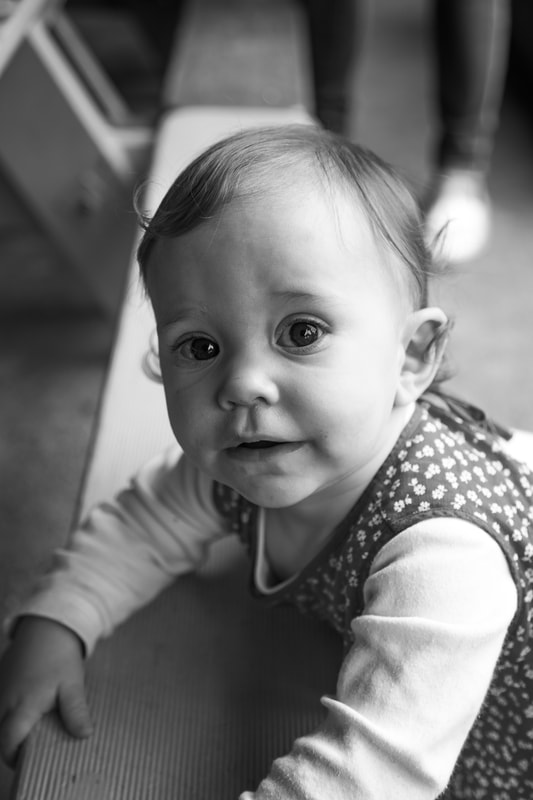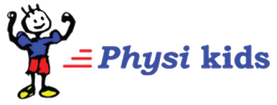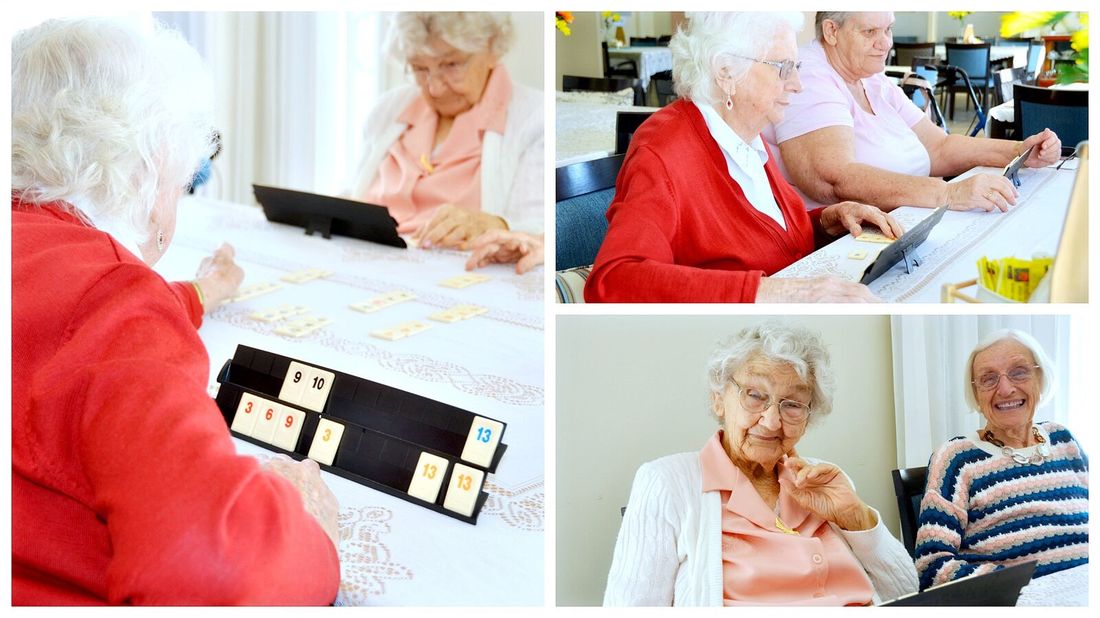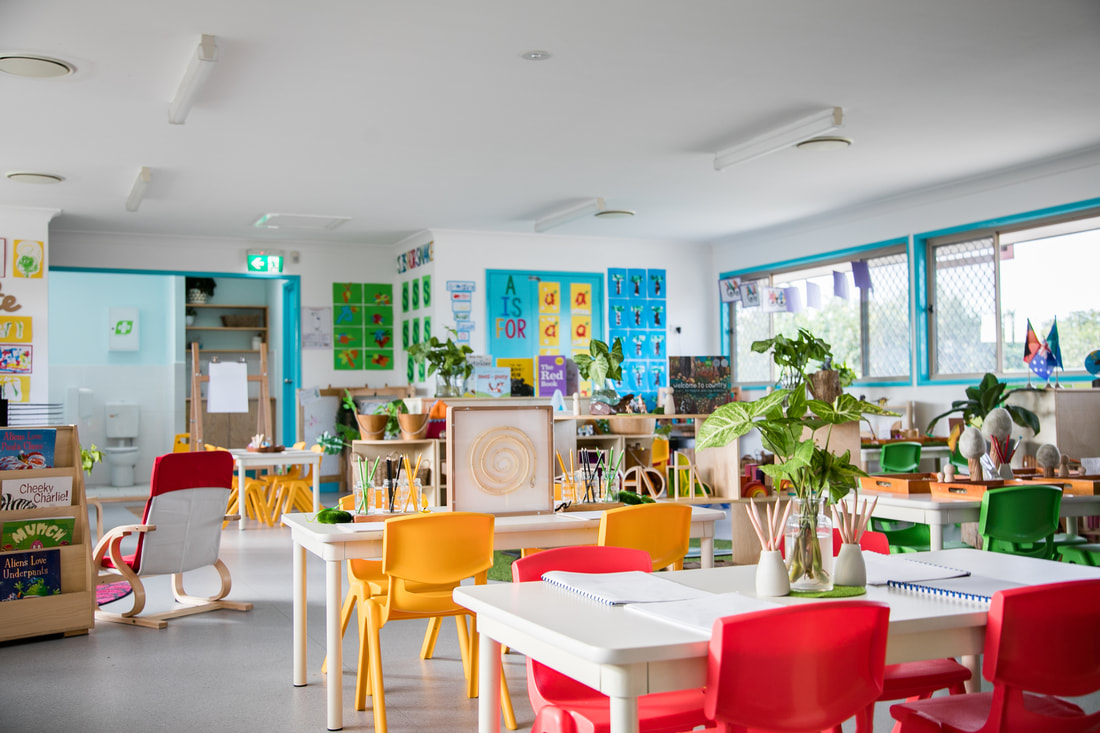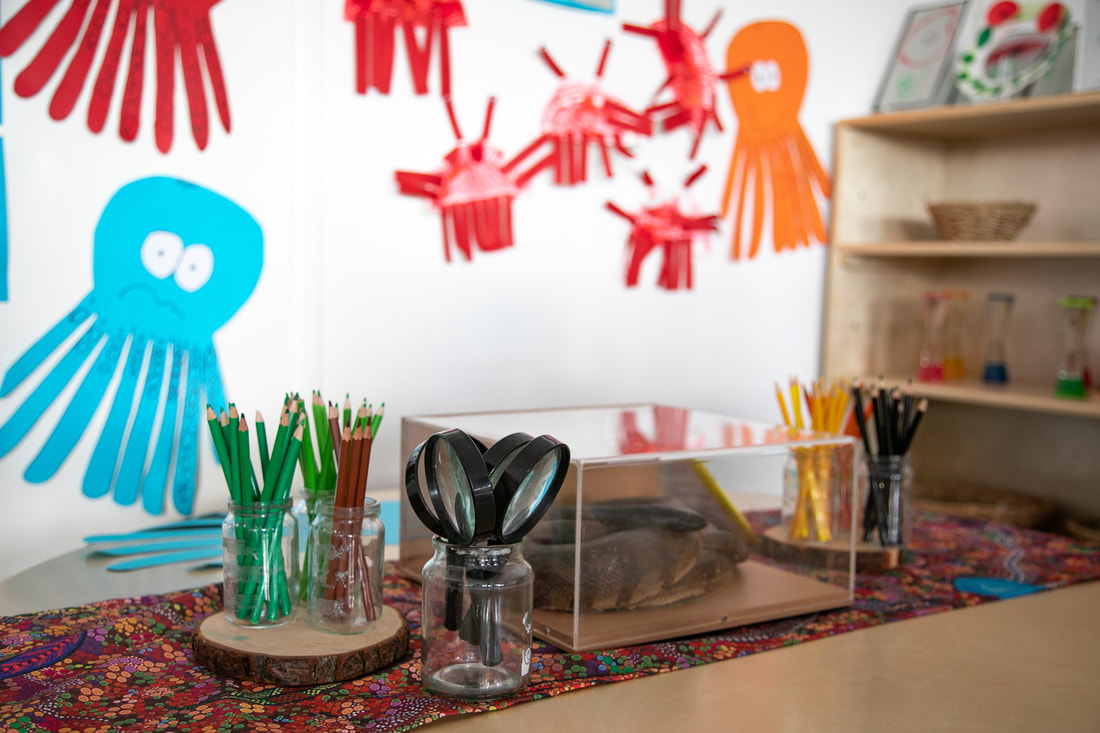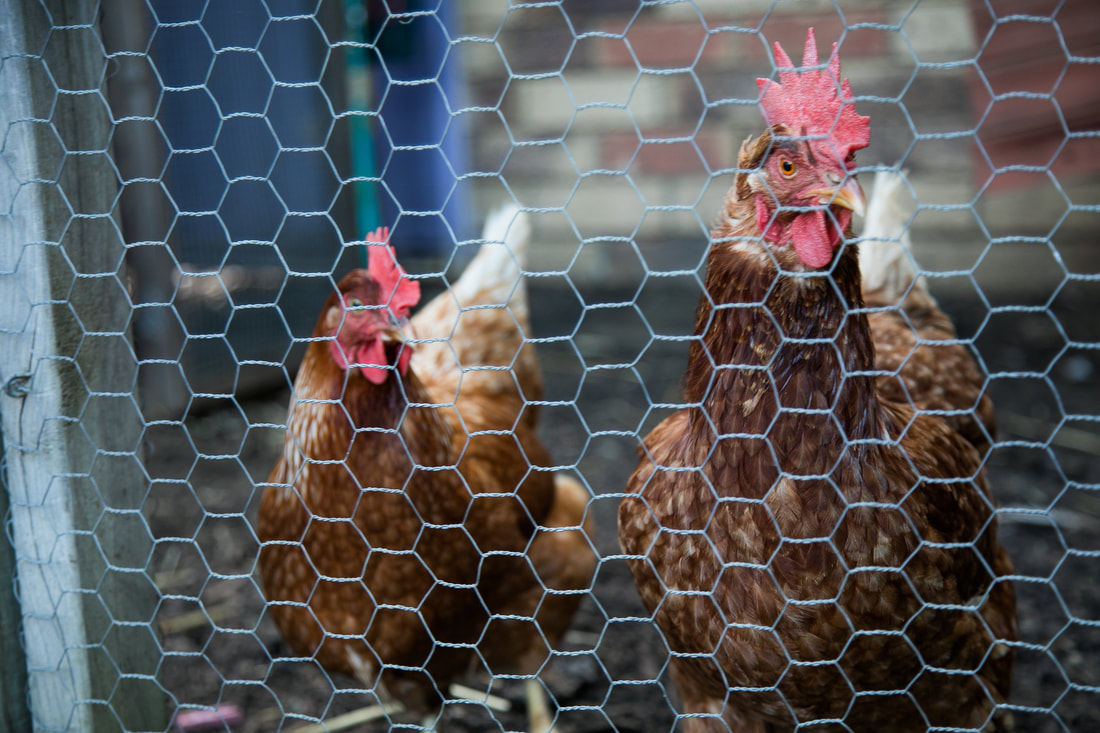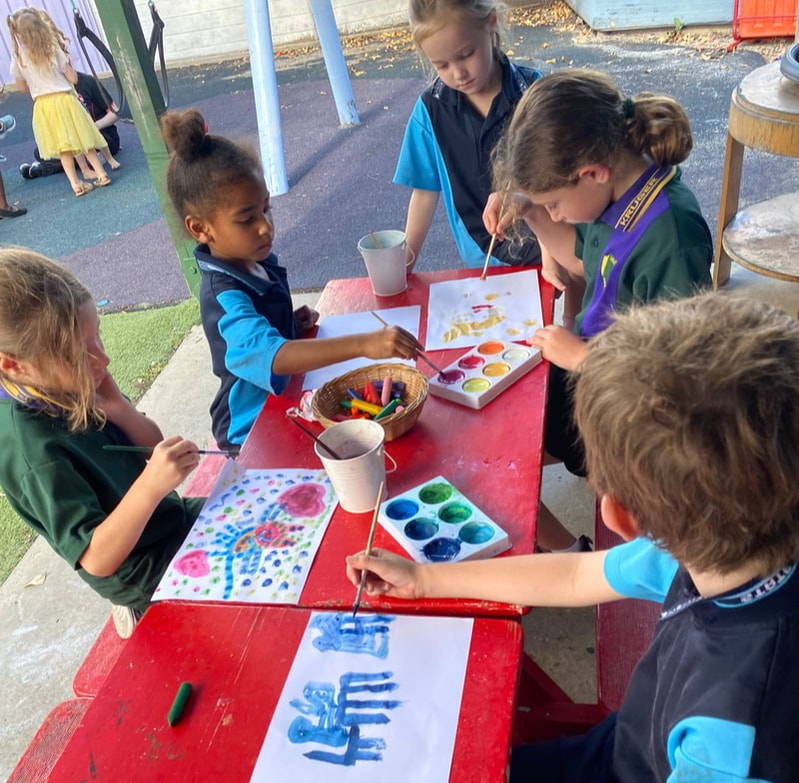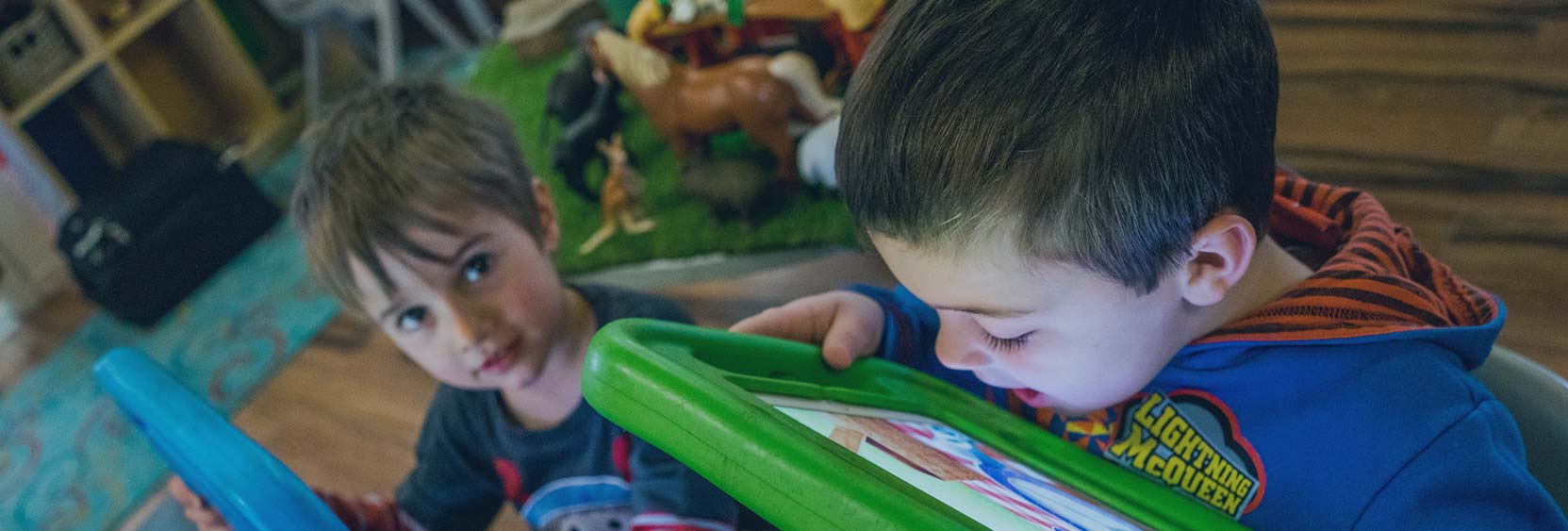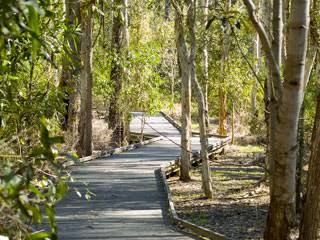Our philosophy
Rights of the child
We respect children’s right to experience the joy of childhood, including the right to play. When we make decisions, we consider how these decisions will affect our children. We support our children’s development of a sense of agency, independence and identity.
Children as learners
Play-based learning is the key teaching practice used by our Educators to support and enhance development. In this approach, the child is viewed as a capable, resourceful learner who plays a critical role in directing their own learning.
Equity, inclusion and diversity
We embrace social and cultural diversity and ensure that everyone feels welcome, valued and accepted, irrespective of their age, gender, culture, background or ability. We acknowledge that children learn within their family/community groups and bring their own rich knowledge, range of experiences and identities to their learning.
Aboriginal and Torres Strait Islander cultures
Our service supports our children to explore Aboriginal and Torres Strait Islander perspectives to enrich their understanding of the places in which we work and play, and to which we are connected. We recognise the traditional custodians of our land, the Jaggara people, and welcome guidance from local Elders into our program.
Our families
We value families as equal partners in our early childhood programs. We have a strong focus on building relationships, creating connections and establishing open dialogue between Educators, families and children. We believe that children are deeply
connected to family and community and we invite families to take an active role in contributing to our service community.
The learning environment
Our service environment plays a crucial role in our learning program. By providing a fluid learning environment where mistakes can be celebrated and opportunities for discovery are encouraged, we hope to foster empowered and resilient children who thrive, with
the ability to achieve learning outcomes in a variety of contexts.
High expectations
At the heart of best practice is the notion that we are interested in being ‘the best’ and that we value the development that this entails. It is our commitment to continuous improvement through reflective practices. Our service believes that establishing a vision that captures our aspirations for our centre, Educators, children and families lies at the heart of improving quality.
Sustainability
Our service takes an active role in caring for our environment and we aspire to contribute to a sustainable future. More specifically, we embed sustainable practices into our operations, and as Educators we intentionally teach sustainable practice to allow our children to become environmentally responsible world citizens and show respect for the environment.
We respect children’s right to experience the joy of childhood, including the right to play. When we make decisions, we consider how these decisions will affect our children. We support our children’s development of a sense of agency, independence and identity.
Children as learners
Play-based learning is the key teaching practice used by our Educators to support and enhance development. In this approach, the child is viewed as a capable, resourceful learner who plays a critical role in directing their own learning.
Equity, inclusion and diversity
We embrace social and cultural diversity and ensure that everyone feels welcome, valued and accepted, irrespective of their age, gender, culture, background or ability. We acknowledge that children learn within their family/community groups and bring their own rich knowledge, range of experiences and identities to their learning.
Aboriginal and Torres Strait Islander cultures
Our service supports our children to explore Aboriginal and Torres Strait Islander perspectives to enrich their understanding of the places in which we work and play, and to which we are connected. We recognise the traditional custodians of our land, the Jaggara people, and welcome guidance from local Elders into our program.
Our families
We value families as equal partners in our early childhood programs. We have a strong focus on building relationships, creating connections and establishing open dialogue between Educators, families and children. We believe that children are deeply
connected to family and community and we invite families to take an active role in contributing to our service community.
The learning environment
Our service environment plays a crucial role in our learning program. By providing a fluid learning environment where mistakes can be celebrated and opportunities for discovery are encouraged, we hope to foster empowered and resilient children who thrive, with
the ability to achieve learning outcomes in a variety of contexts.
High expectations
At the heart of best practice is the notion that we are interested in being ‘the best’ and that we value the development that this entails. It is our commitment to continuous improvement through reflective practices. Our service believes that establishing a vision that captures our aspirations for our centre, Educators, children and families lies at the heart of improving quality.
Sustainability
Our service takes an active role in caring for our environment and we aspire to contribute to a sustainable future. More specifically, we embed sustainable practices into our operations, and as Educators we intentionally teach sustainable practice to allow our children to become environmentally responsible world citizens and show respect for the environment.
Babies RoomOur babies room community caters for babies from 6 weeks. Hosting 8 children per day and 2 committed and qualified carers, our babies room is committed to providing quality care for every child.
Physical Education ProgramHere at RPCCCC physical activity is super important! Each week on Tuesday's we welcome a Qualified physical education Teacher to the kindergarten room to exploring soccer, tennis, afl, rugby league, hockey, cricket, basketball, netball, volleyball, t-ball, gymnastics, athletics, ultimate frisbee, bootcamp, yoga and music & movement.
Additional paid classes are accessible by the other classrooms each Thursday Morning. For More information give our office a call on (07) 38141417 Community OutreachOur service is proud to promote each child's positive engagement in their community. Our Fortnightly story times invite our local aged care residents to join in.
Mindfulness & Happy habits ProgramsFrom yoga and mindfulness, to healthy eating and food preparation our learners engage in programs that establish lifelong healthy habits.
|
Kindergarten ProgramChildren enrolled in the program can be cared for from 6.30am to 6.00pm as required by their families. Outside the kindergarten program hours, children are cared for by other staff members. Most children participate in the kindergarten program for more than the minimum requirement of 15 hours a week. For families that have valid Health care,Pension Care and veterans affairs cards or are Aboriginal or Torres Strait Islander Kindergarten has Low to no Cost!
The kindergarten program provides each child with a holistic education across five learning and development areas Queensland Museum Loans ProgramThe Kindergarten classroom participates in the Queensland Museum loan program which offers a rotating selection of museum exhibits each fortnight. This wonderful program allows the children to explore concepts across the learning areas with wonderful resources on subjects such as Dinosaurs, Ocean life, Insects, Indigenous people and much more.
PlaygroupNo fee play group program
Mondays 10am -12pm weekly for Children aged 0-5 Snack provided Sessions include group/music time and a range of educational play based activities for babies toddlers and pre school age children. Gain access to Qualified Early Childhood Teachers, educational facilities and resources at no charge. |
Gardening ProgramChildren experience and interact with their environments through natural experiences. Our purpose built gardening and natural environment areas allow our little learners to develop a connection to their environment.
OSHC & Vacation Care programsAfter School Care programs operate throughout the school term, catering for Redbank Plains State School & Kruger State School. Vacation care programs open to all local primary school student are run during the school holidays with strictly limited positions available.
ELLA- Italian Language Learning ProgramELLA is a fun, digital, play-based language learning program for children in Kindergarten. It helps children to become more comfortable with different languages early in life so that they can stay engaged with learning languages in later years. Our Kindergarten Children are learning Italian.
Children in the ELLA program learn language through applications ('apps'), called The Polyglots. The apps are used on tablet devices and have been specifically designed for preschool children. Bush Kindy ProgramWe offer Bush Kindy sessions in Terms Two and Three. The children walk to a local park and explore the diverse natural environments of the park and the surrounding bush. We spend two hours each session exploring the bush, using materials we find to inspire creative play.
The Bush Kindy sessions offer many opportunities for your child to develop their self-confidence, social skills and resilience. Spending more time outdoors also helps children develop knowledge and respect for the natural environment. |
National Quality Standard
Since 2012, The National Quality Framework was introduced to all states of Australia. The aim of this is to improve the quality of learning outcomes of children in early childhood education and care services.
At RPCCCC we meet the Education and Care Services Law Act 2010 and the Education and Care Services National Regulations 2011. A new national organisation called Australian Children's Education & Care Quality Authority (ACECQA) is responsible for laws and regulations. In Queensland the regulatory authority is the Office for Early Childhood and Care. It is responsible for monitoring, compliance of law and regulations and assessing services against the National Quality Standards.
The seven quality standards
Educational program and practice
Children's health and safety
Physical environment
Staffing arrangements
Relationship with children
Collaborative partnerships with families and communities
Leadership and service management ACECQA is the independent national authority overseeing the implementation of the new framework. ACECQA - Families section outlines how quality education and care is vital to your child’s development and explains what the National Quality Framework means for you.
We are rated as Exceeding the national quality standard.
At RPCCCC we meet the Education and Care Services Law Act 2010 and the Education and Care Services National Regulations 2011. A new national organisation called Australian Children's Education & Care Quality Authority (ACECQA) is responsible for laws and regulations. In Queensland the regulatory authority is the Office for Early Childhood and Care. It is responsible for monitoring, compliance of law and regulations and assessing services against the National Quality Standards.
The seven quality standards
Educational program and practice
Children's health and safety
Physical environment
Staffing arrangements
Relationship with children
Collaborative partnerships with families and communities
Leadership and service management ACECQA is the independent national authority overseeing the implementation of the new framework. ACECQA - Families section outlines how quality education and care is vital to your child’s development and explains what the National Quality Framework means for you.
We are rated as Exceeding the national quality standard.
The Early Years Learning Framework
|
The five Learning Outcomes are designed to capture the integrated and complex learning and development of all children across the birth to five age range. The outcomes are broad and observable. They acknowledge that children learn in a variety of ways
and vary in their capabilities and pace of learning. Over time children engage with increasingly complex ideas and learning experiences, which are transferable to other situations. |

